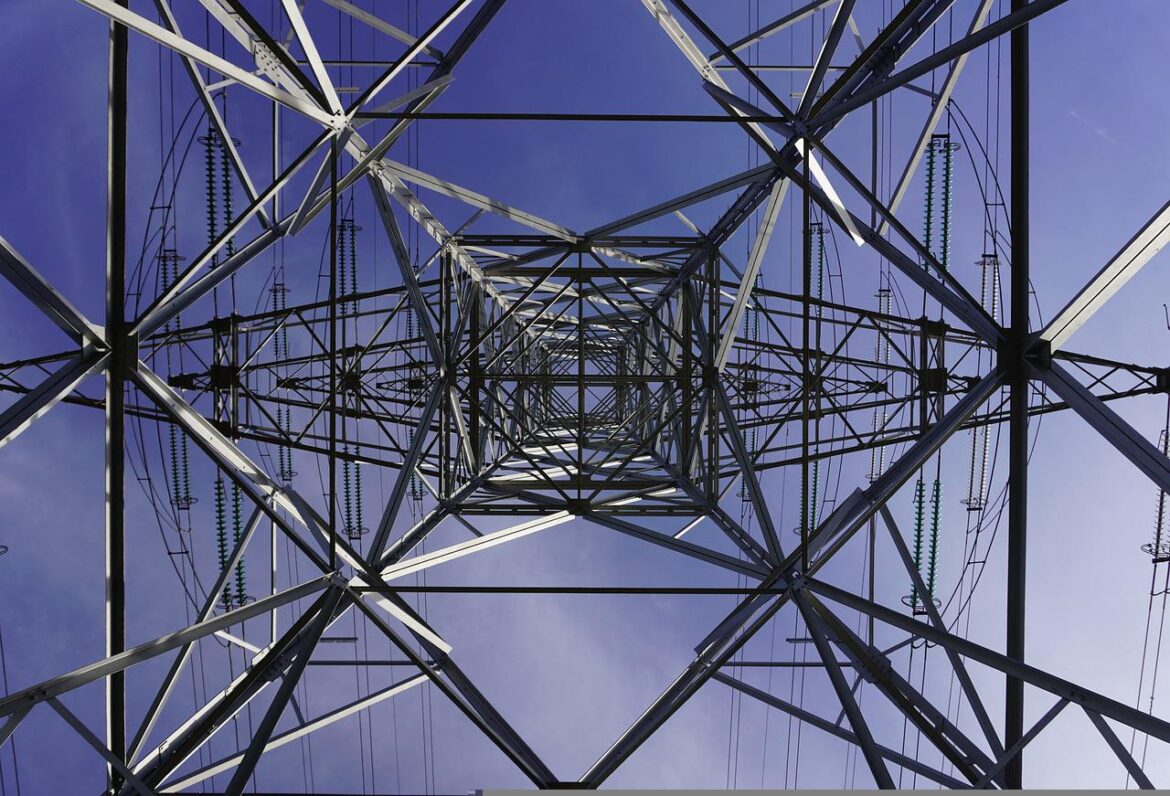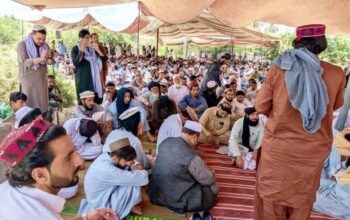By Staff Reporter
ISLAMABAD: The government has petitioned the National Electric Power Regulatory Authority (Nepra) to slash electricity prices by Rs1.71 per unit, a modest cut to support consumers and struggling industry.
The proposed reduction, applicable to all distribution companies including K-Electric, would be implemented through an increase in the tariff differential subsidy, according to a government filing. The measure would exclude lifeline domestic consumers and remain in effect from April to June 2025.
Nepra has scheduled a public hearing on April 4 to review the proposal. If approved, the government would provide a subsidy of Rs1.71 per unit during this period, a move intended to stimulate electricity demand, which has waned due to soaring rates.
According to government documents, the national average tariff for fiscal year 2024-25, as determined by Nepra, stands at Rs35.50 per kilowatt-hour (kWh). However, the notified average tariff since October 2024 is Rs32.99/kWh, with the gap bridged by the tariff differential subsidy.
This latest request builds on efforts to narrow the disparity and ease the burden on consumers and businesses alike.
Separately, the International Monetary Fund (IMF) approved a Re1 per unit reduction in power tariffs, offering relief to all consumers. The measure will be financed through revenue from a levy on captive power plants using gas.
The IMF-backed approval relies on a Rs791 per unit levy on gas used by captive power plants (CPPs) to generate Rs110-120 billion annually. Introduced on March 7, the levy is designed to lower tariffs by 1.5 percent for all consumers.
However, businesses have pushed back against the plan, arguing that the levy would increase their gas costs by 23 percent to Rs4,291 per million British thermal units (mmBtu).
The Islamabad High Court halted the levy for five weeks after 20 textile and chemical firms called it illegal and unconstitutional, alleging double taxation and questioning its enactment by ordinance. A hearing is set for April 30, 2025.
The government is also negotiating with independent power producers (IPPs) to reduce tariffs. IPPs have offered to cut tariffs by up to Re0.50 per unit and waive over Rs11 billion in late payment surcharges, conditional on the government withdrawing ongoing legal proceedings and investigations into alleged excessive profits by the IPPs.
Finance Minister Muhammad Aurangzeb framed the tariff reductions as part of a broader strategy to revitalise the country’s manufacturing sector and drive export growth.
“Fundamentally, the DNA of the economy has to change to make it export-led,” Aurangzeb said in an interview with Bloomberg on the sidelines of the Boao Forum in China on Thursday.
He emphasized complementary efforts to lower financing costs and taxation burdens, aiming to enhance the competitiveness of Pakistani manufacturers on the global stage.
“On the energy side, we are working under the prime minister’s leadership to bring the tariffs down, and the prime minister is going to make an announcement around that in the coming days,” Aurangzeb added.
Copyright © 2021 Independent Pakistan | All rights reserved




